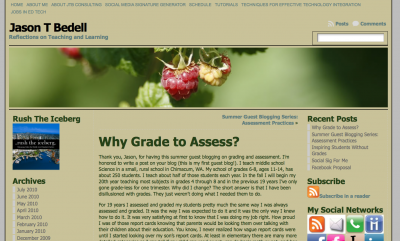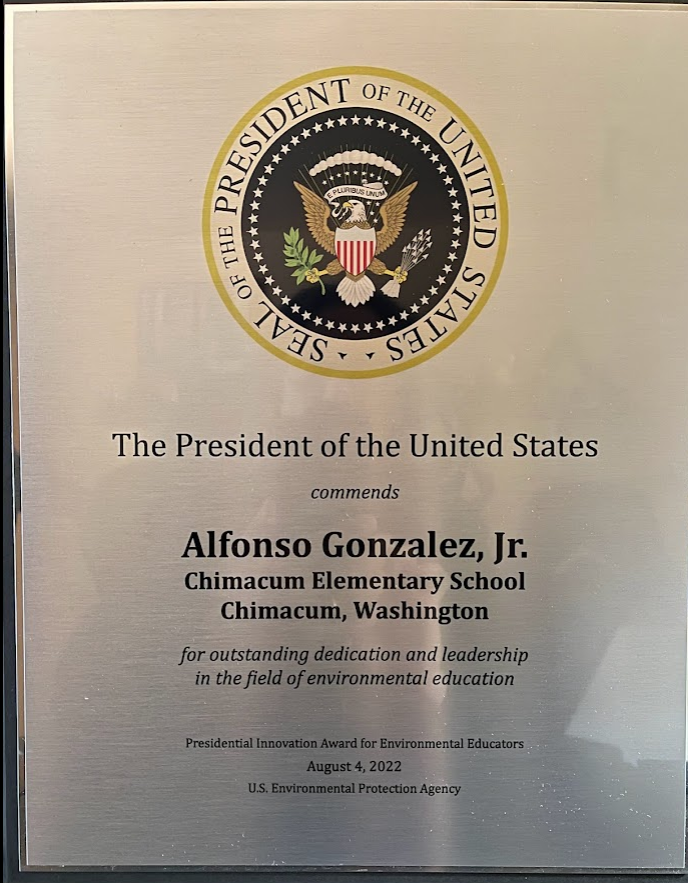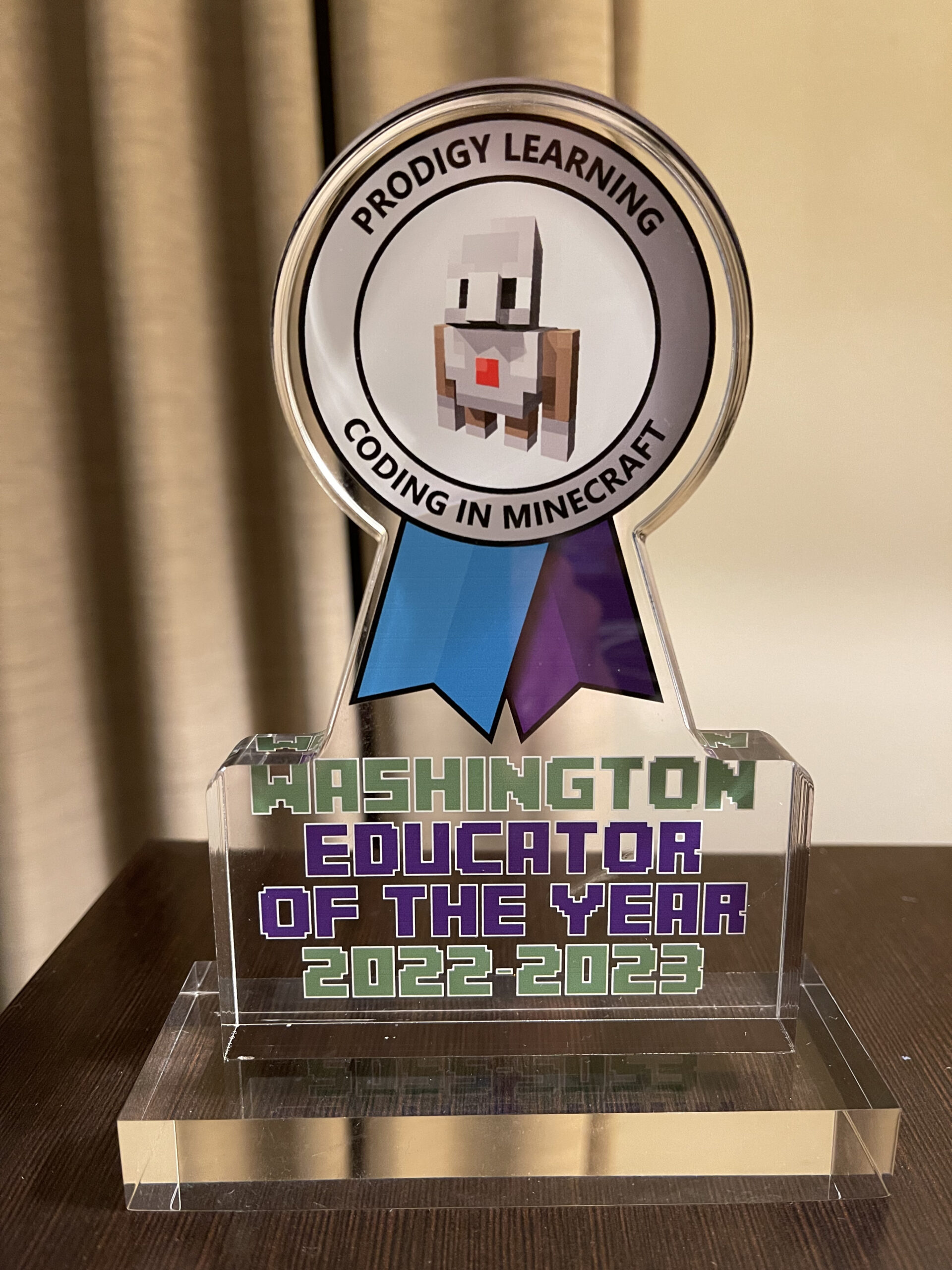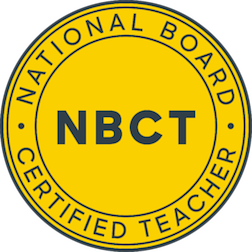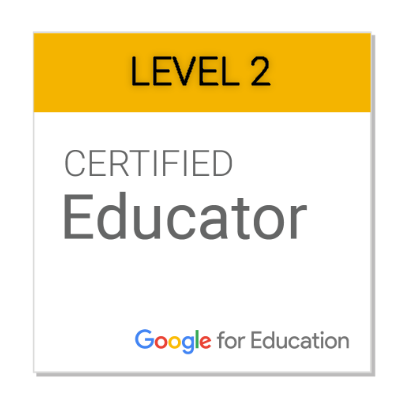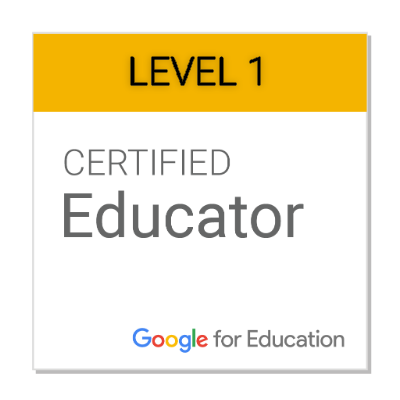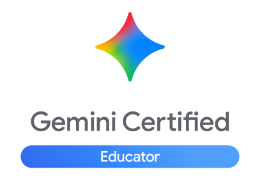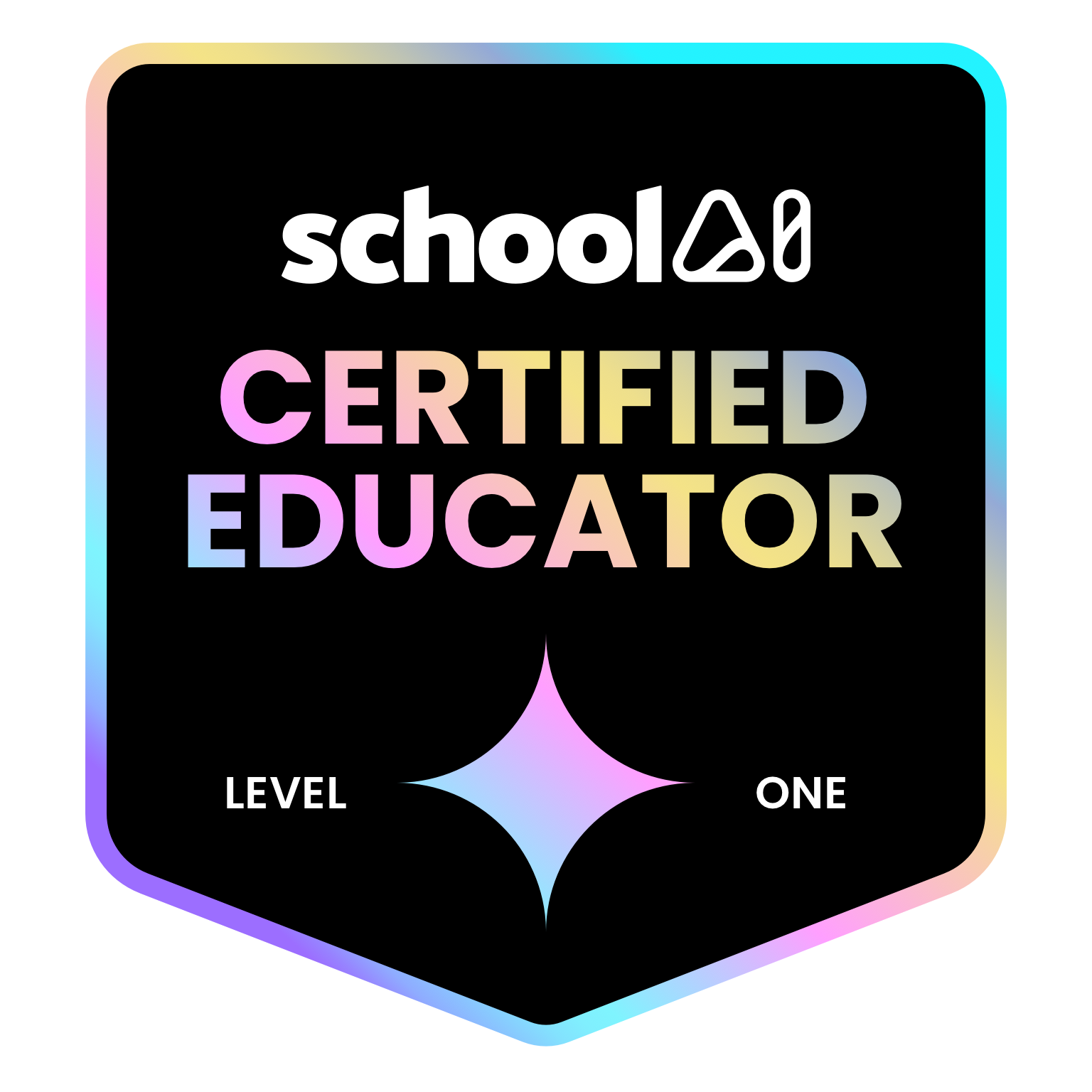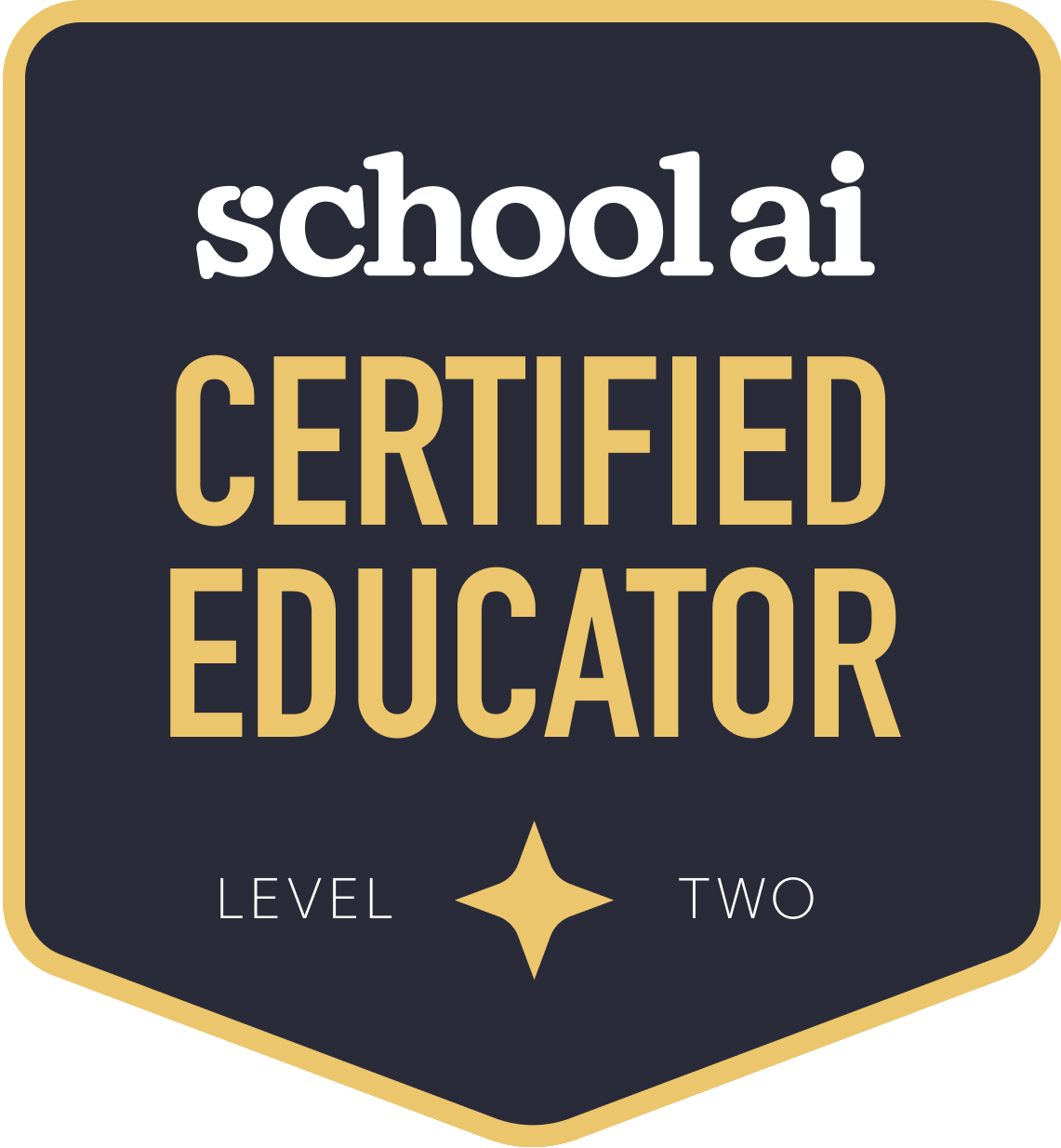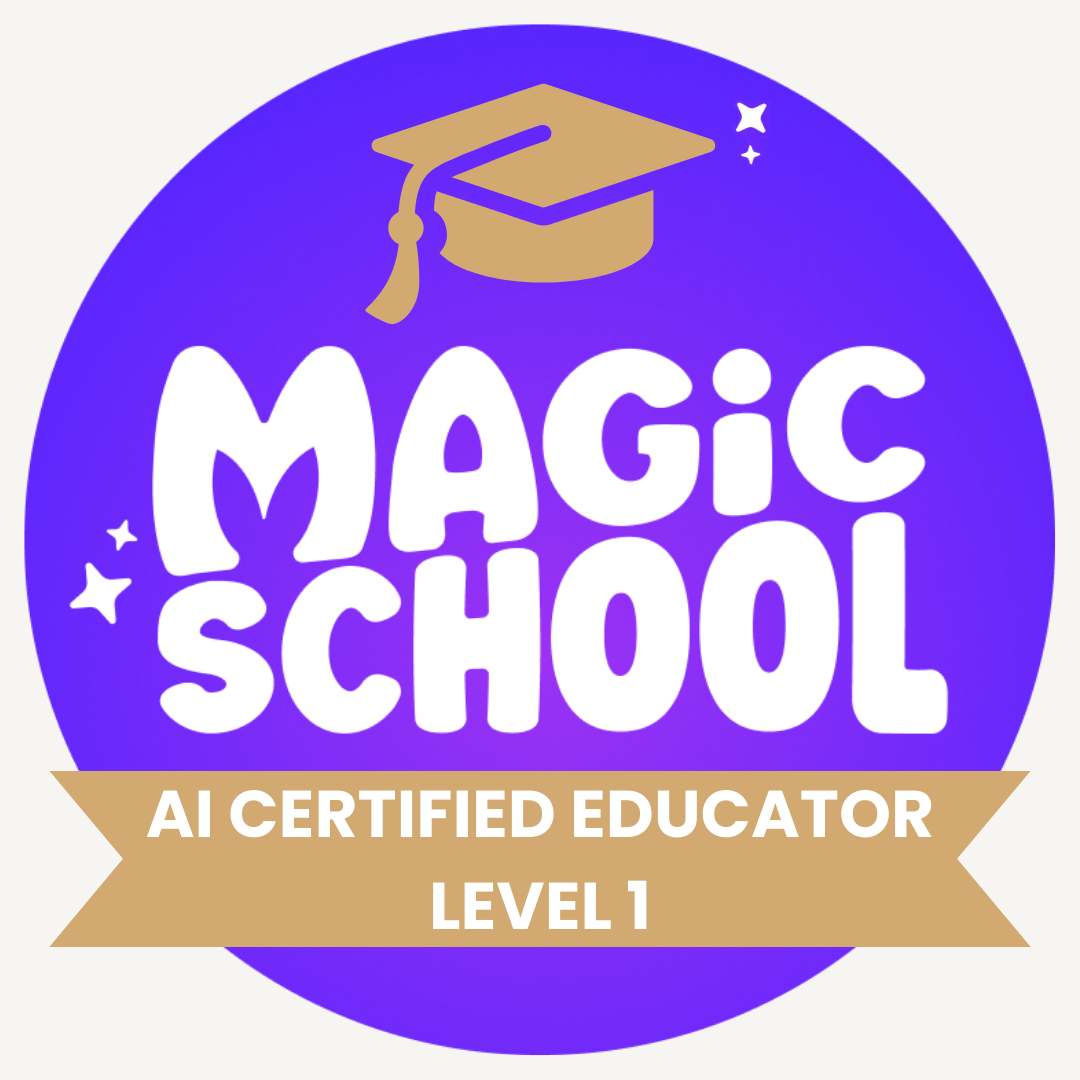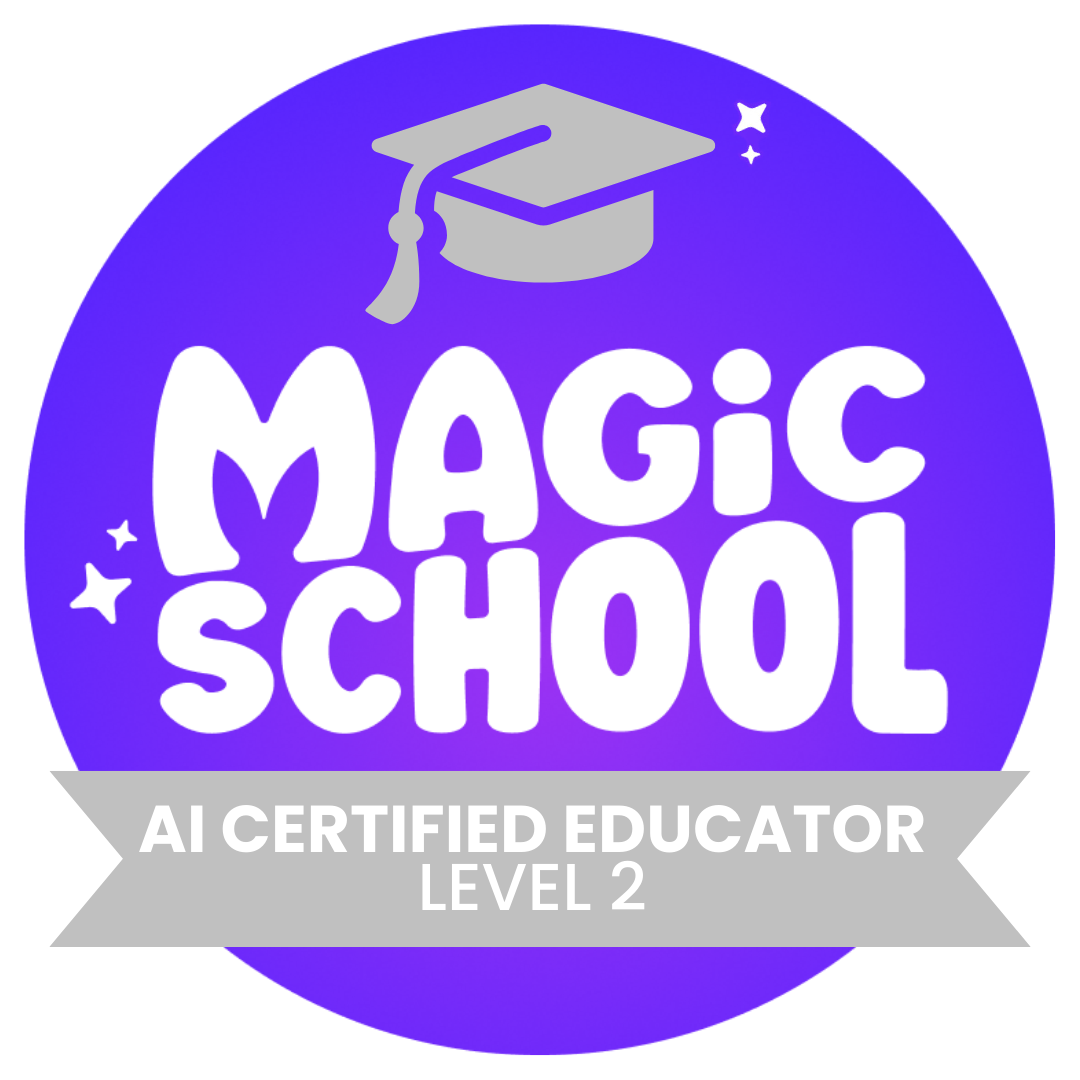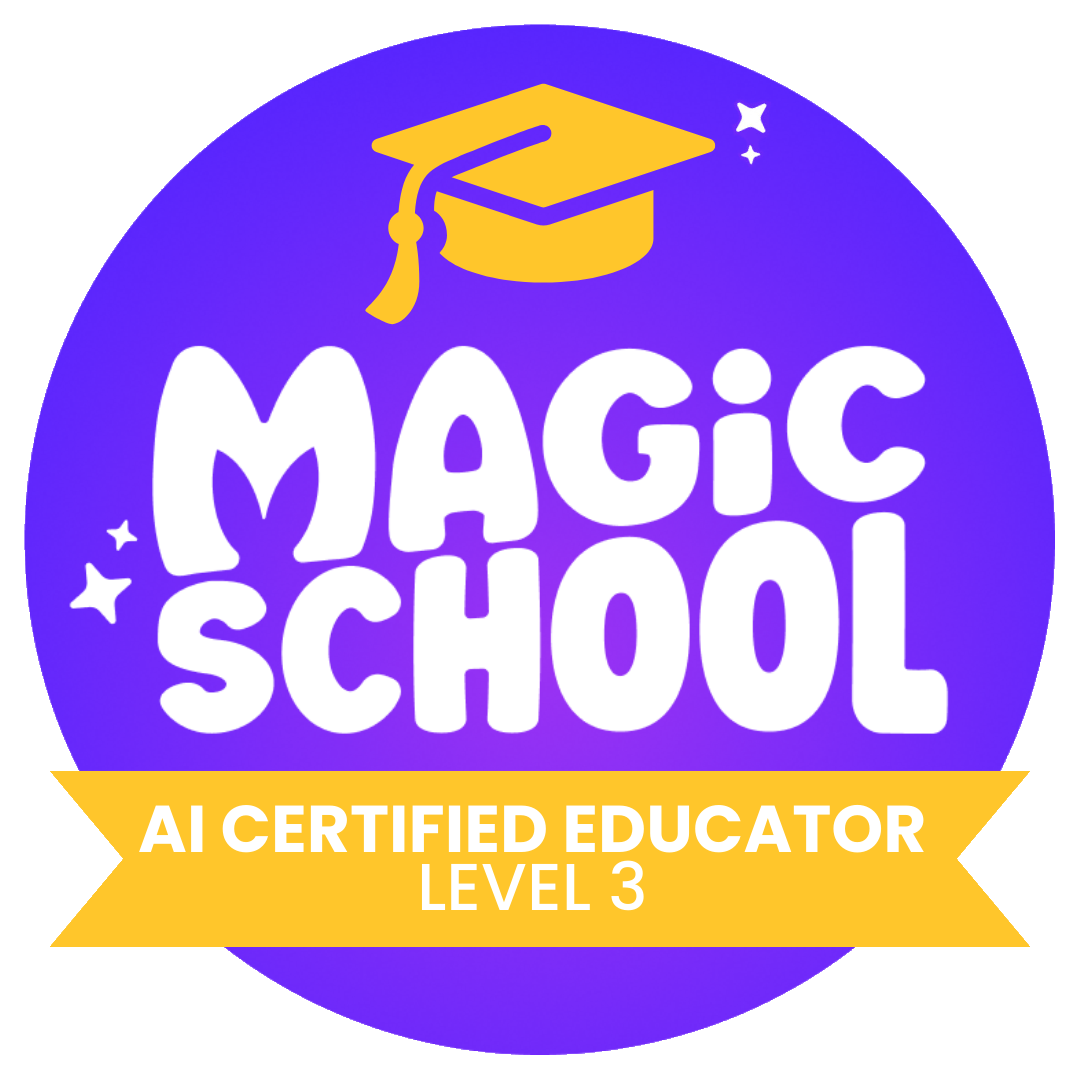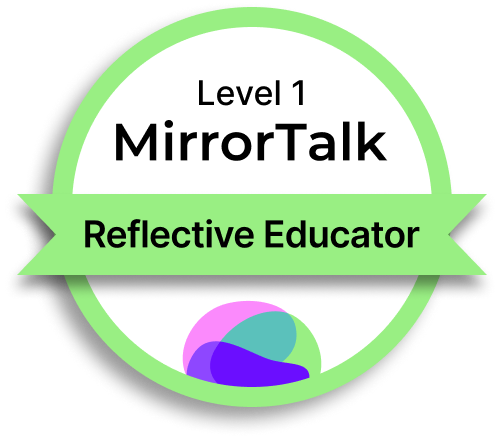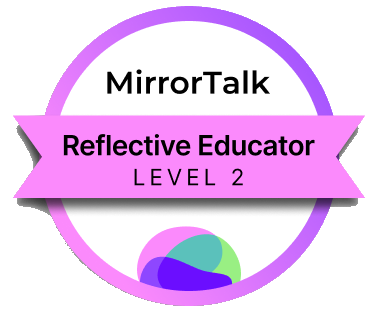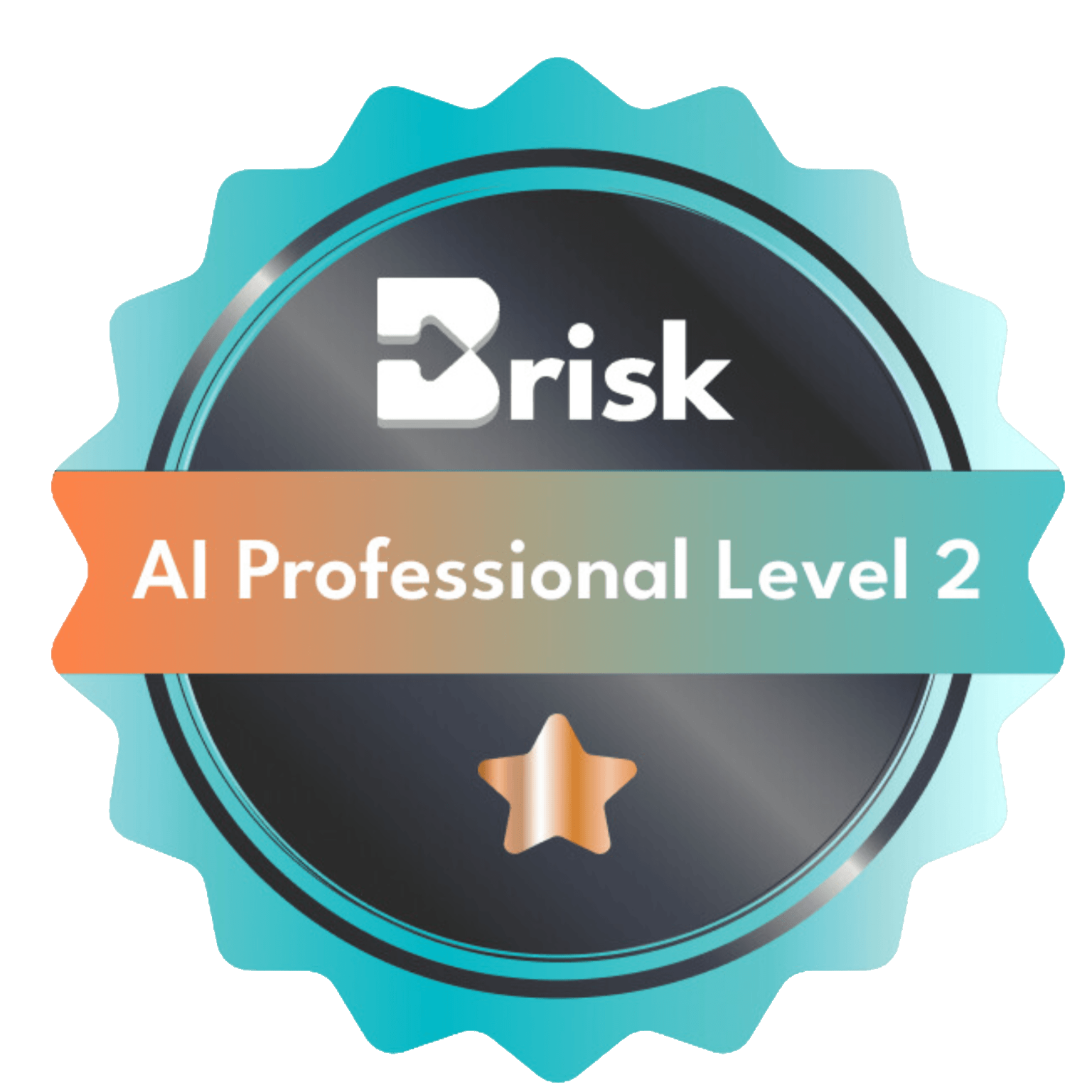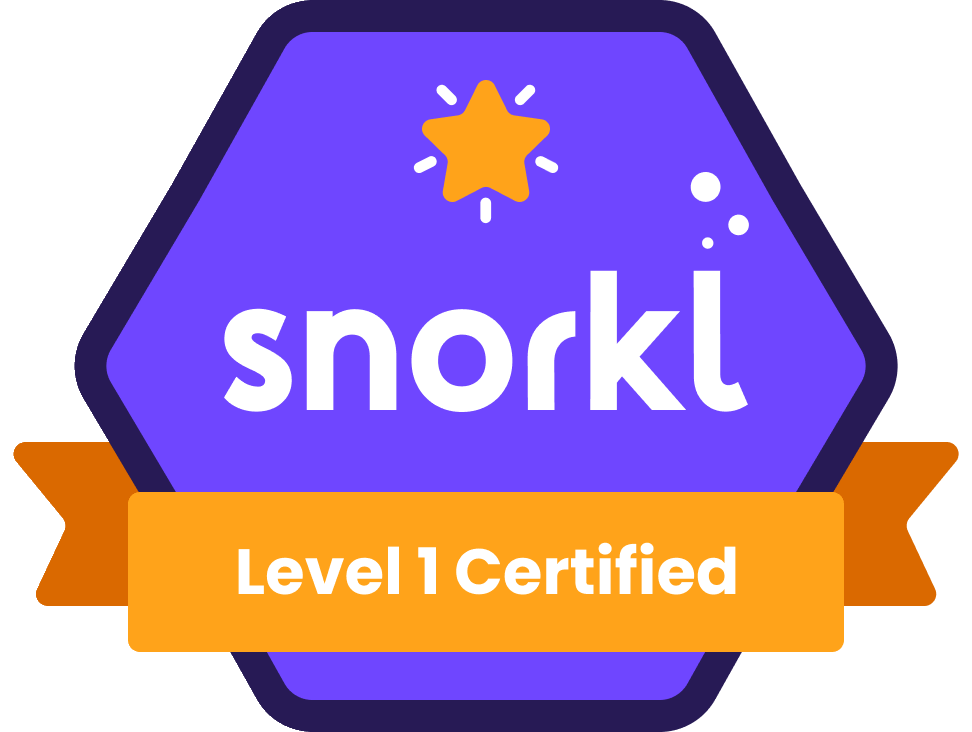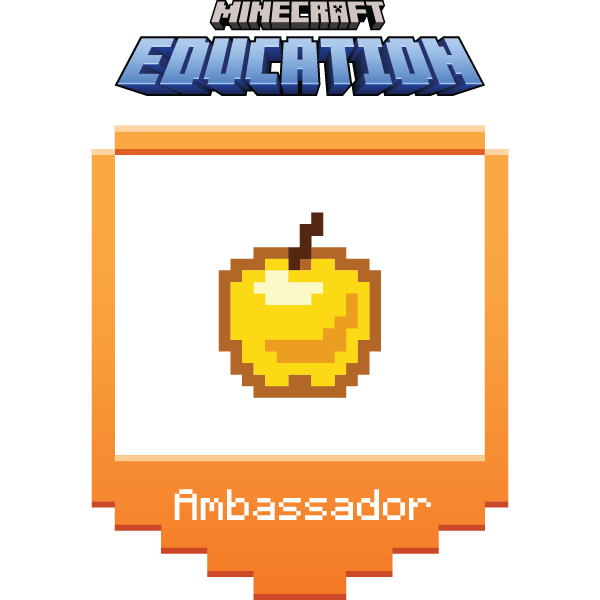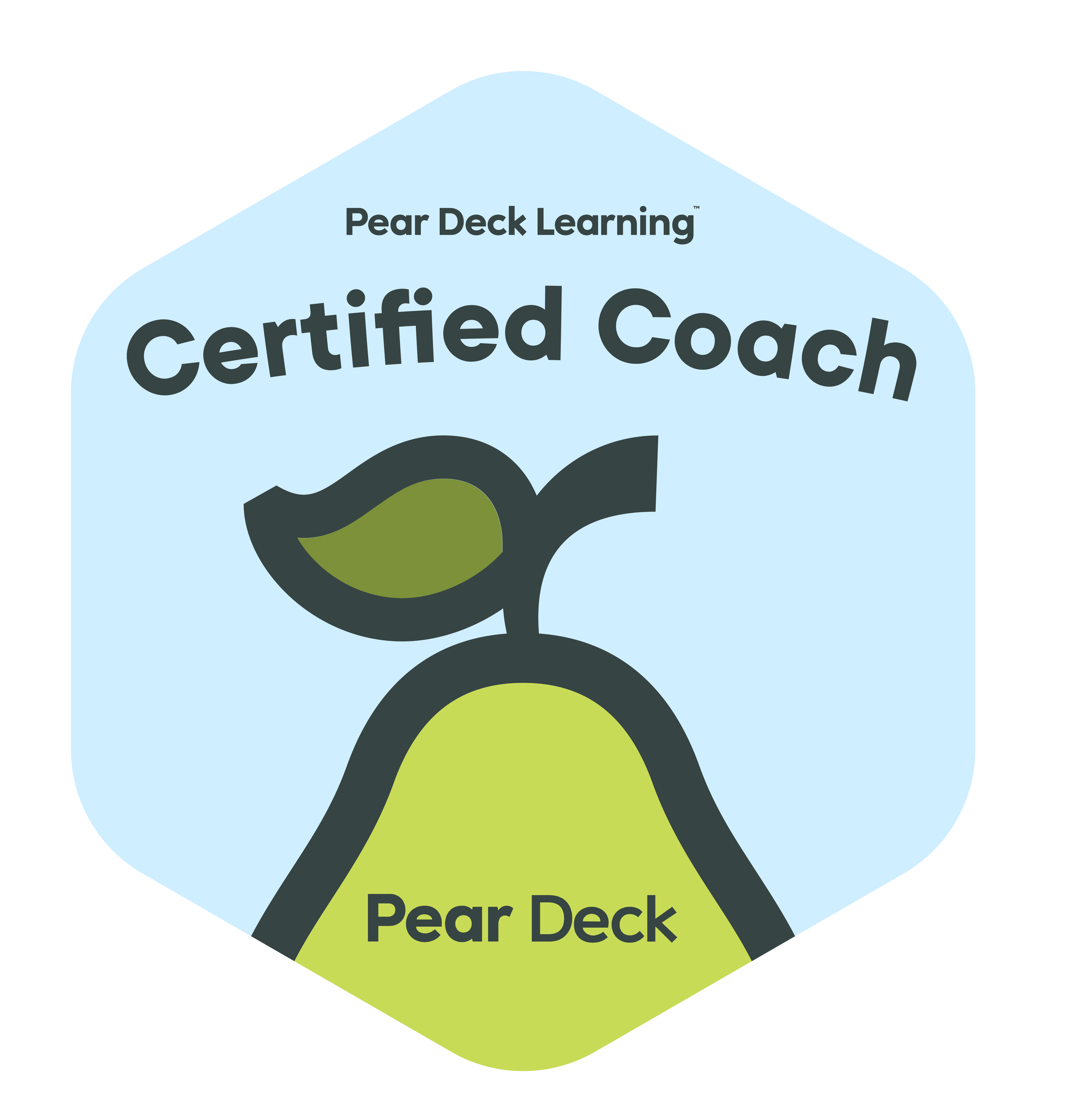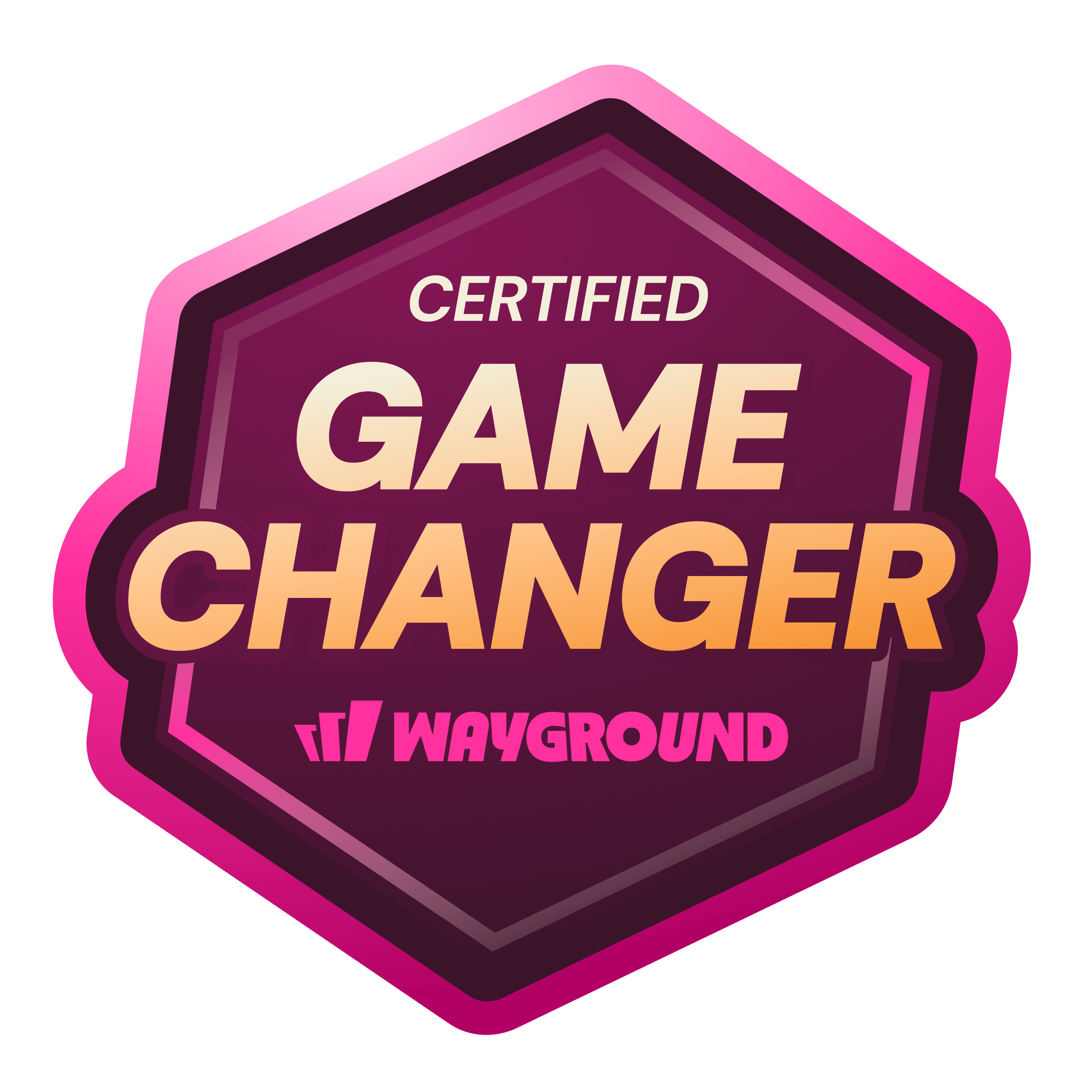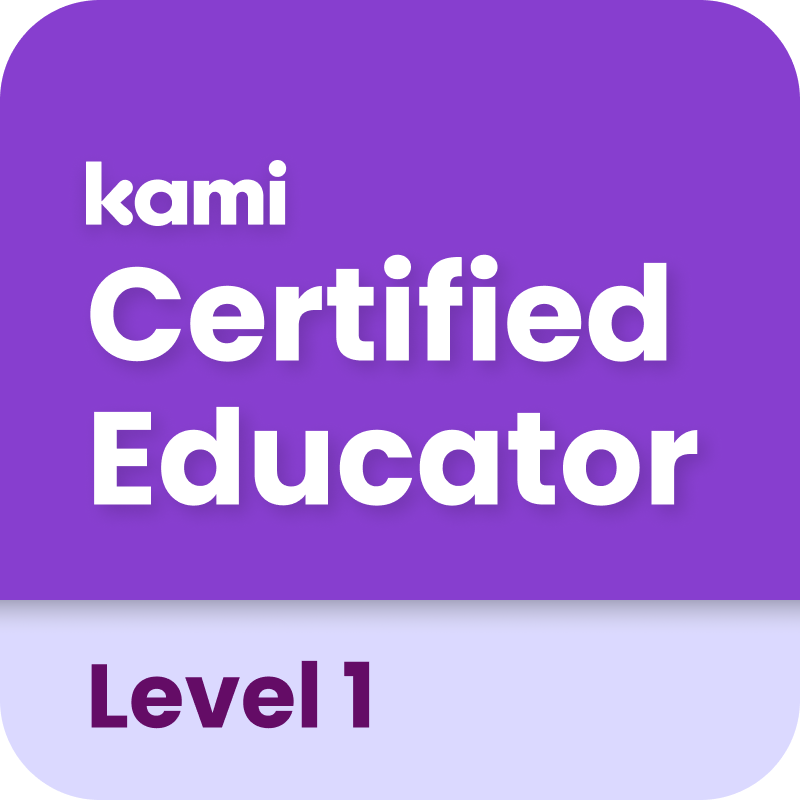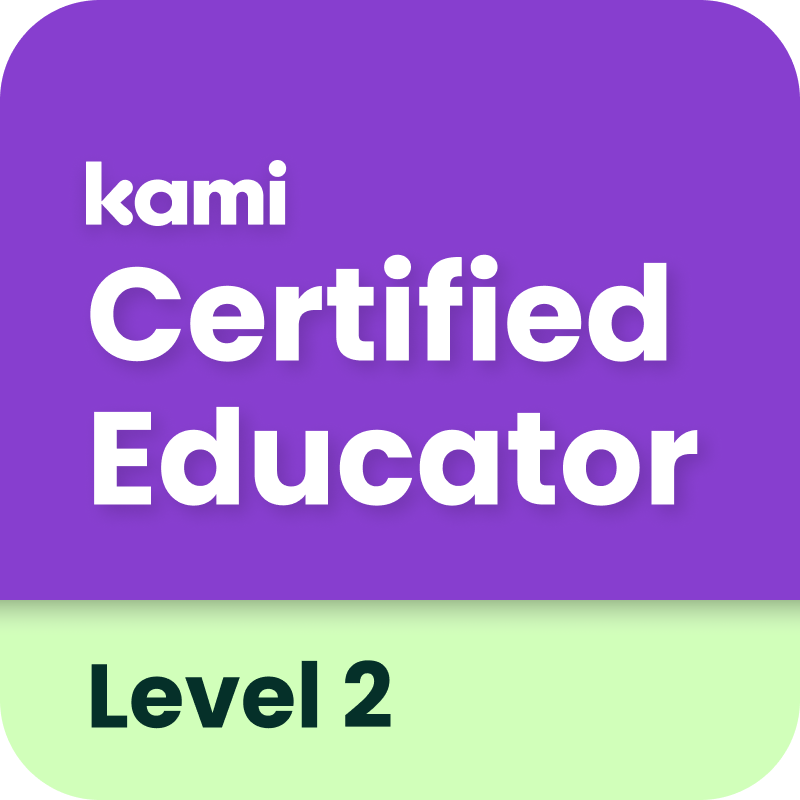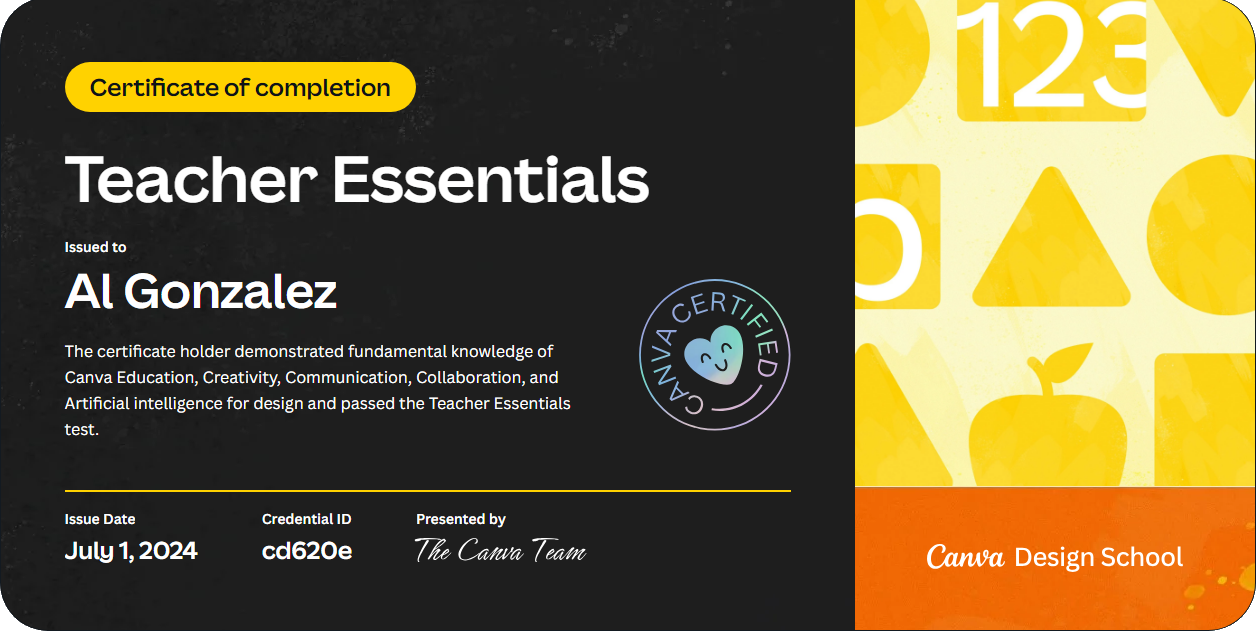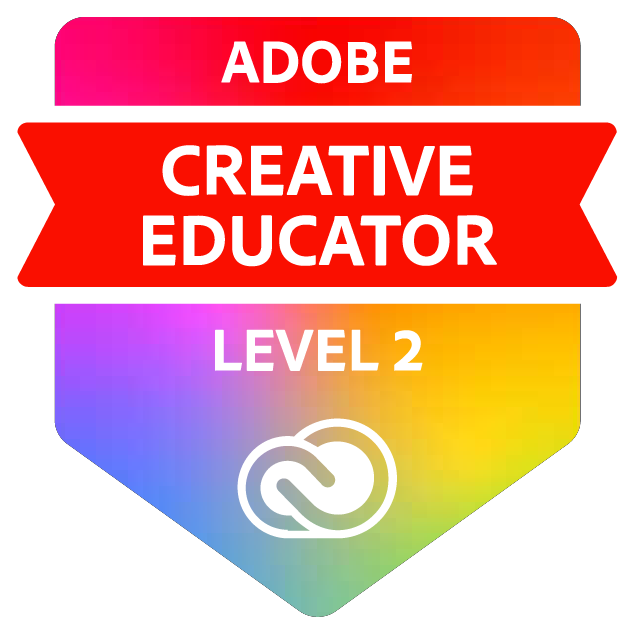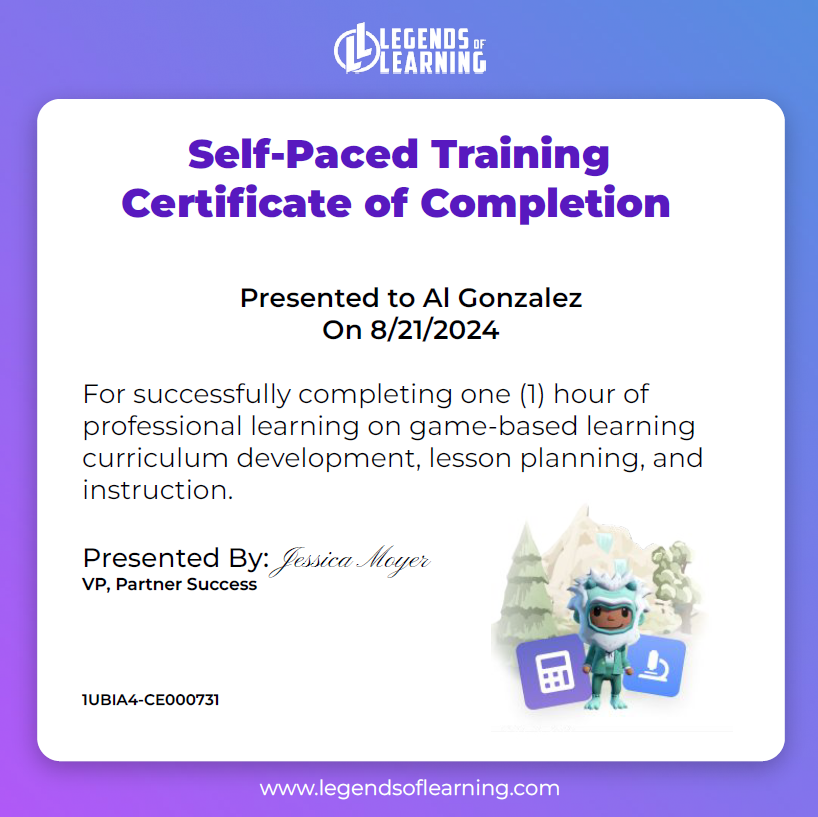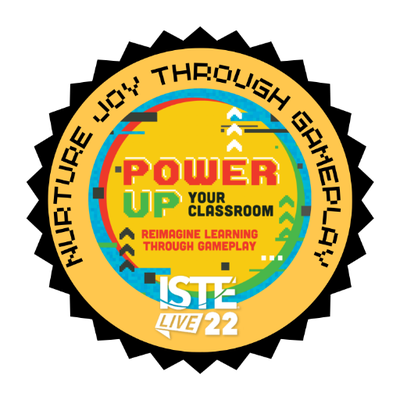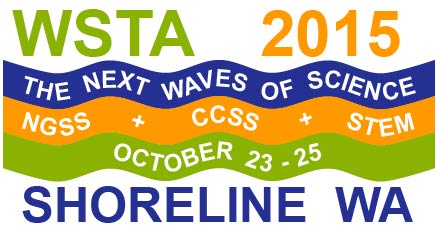I just finished posting my first guest blog post on Jason T. Bedell’s blog! Jason was asking for guest posts on his blog about grading and assessment so I wrote a post titled, “Why Grade to Assess?” It was great to be able to reflect some more on the changes I’ve made to my grading and assessment practices. I’m excited and looking forward to the fall to continue improving how I give feedback to my students so that it can be more helpful than a letter grade or mark or check or number!
Thanks Jason!
Here is the post in its entirety:
Why Grade to Assess?
This blog series really can be traced back to my conversations with Alfonso Gonzalez and others. Alfonso has really challenged my thinking about grades and he is the one who really gave me the push I needed to stop using grades. It is fitting, then, that Alfonso is the first guest blogger in this series. He presents a persuasive and articulate case for moving away from grades and to individual feedback.
Thank you, Jason, for having this summer guest blogging on grading and assessment. I’m honored to write a post on your blog (this is my first guest blog!). I teach middle school Science in a small, rural school in Chimacum, WA. My school of grades 6-8, ages 11-14, has about 250 students. I teach about half of those students each year. In the fall I will begin my 20th year teaching most subjects in grades 4 through 8 and in the previous 19 years I’ve only gone grade-less for one trimester. Why did I change? The short answer is that I have been disillusioned with grades. They just weren’t doing what I needed them to do.
For 19 years I assessed and graded my students pretty much the same way I was always assessed and graded. It was the way I was expected to do it and it was the only way I knew how to do it. It was very satisfying at first to know that I was doing my job right. How proud I was of those report cards knowing that parents would be looking them over talking with their children about their education. You know, I never realized how vague report cards were until I started looking over my son’s report cards. At least in elementary there are many more detailed categories so I can tell if my child can read or not, can do basic math or not, and has learned some social studies and science, and knows how to behave in a classroom environment. By middle school report cards get much less useful.
Our middle school report cards list each class your child has followed by a final letter grade and some canned comments. That’s all you have to go on. When we were switched to an online grading system we were able to write our own comments but it was limited to only a certain number of characters. I found, as other fellow teachers, that the ability to write our own comments was what we liked the most of this new online gradebook. It started to dawn on me that the letter grades and percentages were the least informative on the report card yet they were the high lights. That’s what people focused on.
I’ve been using Easy Grade Pro for years to keep track of my grades and print out progress reports and post them online. Easy Grade Pro, in my humble opinion and experience, has been the best gradebook I have ever used. It made keeping track of assignments, changing grades, choosing between letter grade, points, or percentages, and printing out progress and other great reports a breeze. It really is the easiest gradebook program I’ve ever used. But no matter how much I tracked my student’s points and grades I just wasn’t giving the information they needed. I spent a great deal of time, first of all, inputting all the points into the gradebook. And then I had to spend even more time explaining to students and parents what it all meant. It just seemed so subjective. I mean, reading over 130 to 150 papers and trying to boil down what they did to 10/10 or 8/10 or 53/100 or 77/100 varied from student to student and paper to paper. Frankly it was when I explained to students and/or parents why I graded it as I did that I was giving them the information they needed.
So why not go straight to that information that students and parents need? Feedback needs to inform our students so they know what they need to continue learning! I wrote about feedback in a blog post about assessment for learning or AfL. When I first started a Twitter account I began to learn about other teachers who felt the same way. I came across this one teacher who had gone grade-less for years and blogged about it. Joe Bower helped me get started on the path I’m currently on when I read his blogs on Abolishing Grades. I began to talk through Twitter with other teachers who were considering going grade-less or had gone grade-less too. Who knew this was such a tough thing to do! But after 19 years of doing something one way it did require some thought and planning to change. I wrote a few blogs for parents to read and sent a letter home to inform them of my change.
So for the last trimester of the 2009-10 school year I taught my five Science classes with about 150 students and didn’t give out any letters, marks, checks, or number grades. I informed all my students that if they worked and learned they would all of course pass my class. How could they not? They enthusiastically agreed. So on their online grading I gave everyone a Pass for the midterm and a Pass for their final grade. I did have a few families that still preferred a letter grade so I gave those students A’s on their final grade. That was not the purpose of my going grade-less. That was just a formality. I was focused on what was going on in my classroom.
Before going grade-less I had students who would get F’s and pretty much give up on trying to raise their grade. Learning was not halted. Those students still learned and did stuff, but they were burdened by their low grades. Students who got passing grades weren’t necessarily happy with B’s and C’s but they trudged along. Those who got A’s and B’s consistently were really focused on what they needed to do to get those A’s. Not more, just what they needed to get the A. It was wonderful not having to worry about or deal with any of that. I would just give them feedback. I didn’t have to score every single piece of work. I focused my written feedback to some well placed formative assessments along the way of whatever project or lab we were working on. We had class discussions to debrief and reflect on labs and I wandered the room talking to teams and individual students as they worked on projects. It was a very positive experience for me and for most of my students. In retrospect it was the A students who struggled the most. Now they just had to keep on working and learning because there was no A to stop them! I thought that was a great experience for them.
What I did was share the standards that they would be learning. Then I gave them essential questions to answer to see how well they understood the standards. I then used my trusted gradebook Easy Grade Pro program because it has a standards-based reporting section! I was still able to print progress reports and post them online but this time, instead of points for individual assignments, it showed the standards and how well the child understood the standards. In words, not numbers because students focus all their attention on the numbers. Next year I will add comments to the progress report so that parents can see how their child is understanding the Science standards. I also added a standard for behavior because most parents want to know how their child is behaving in school. I want to give feedback and effort and work ethic because I think those are important qualities to improve. I can and did easily either conference with a parent or share with them via email the work their child is doing. Looking through a notebook and checking blogs I can see what assignments any student could do some more work on or complete. Everyone benefits from this method of NOT grading!
So for the 2010-11 school year I will continue where I left off with no grades and standards-based assessment. I will have some of the 7th graders I had last year again in 8th grade so for them it will be business as usual. I will also get all the incoming 6th graders and they were assessed with standards in elementary so they are used to it. The only difference is that the elementary gives 1?s, 2?s, 3?s, and 4?s while I use words. I want to see if that makes a more positive impact so they aren’t using the numbers to compare and rate themselves. I’m excited and hopeful that my students will enjoy Science, work hard, and love learning. That is my goal with going grade-less.

